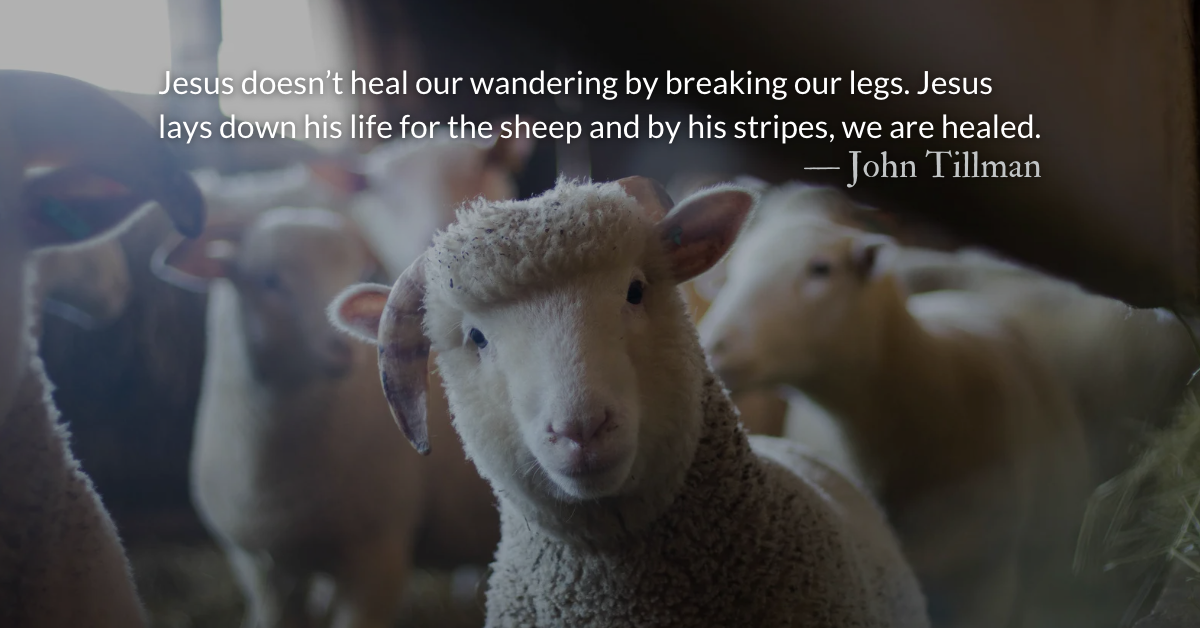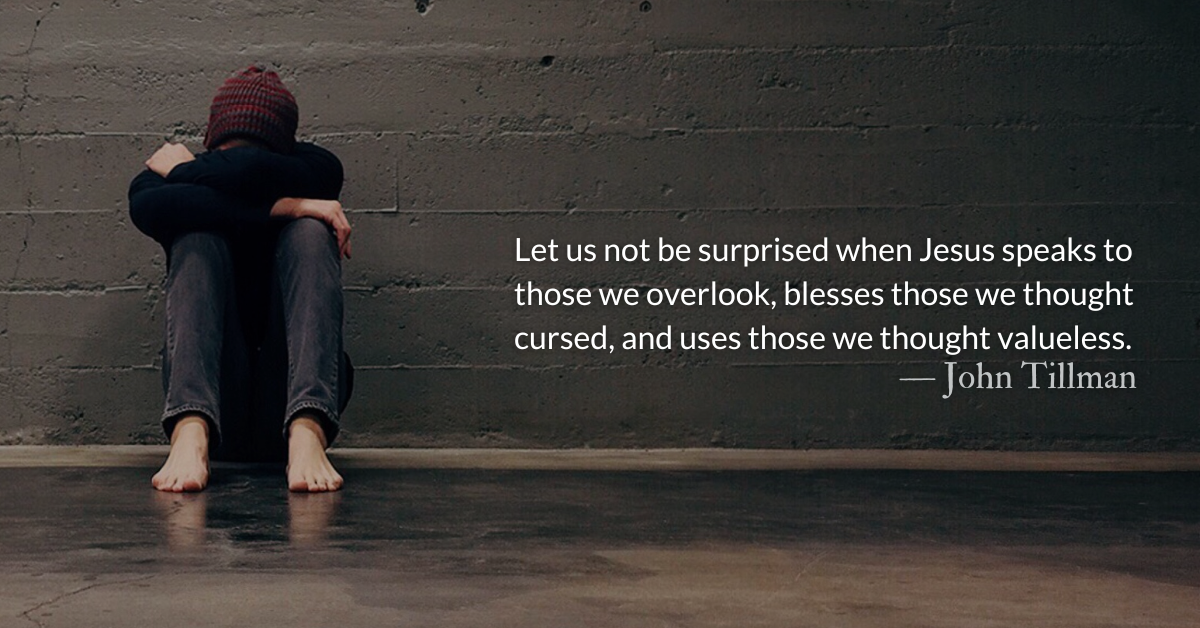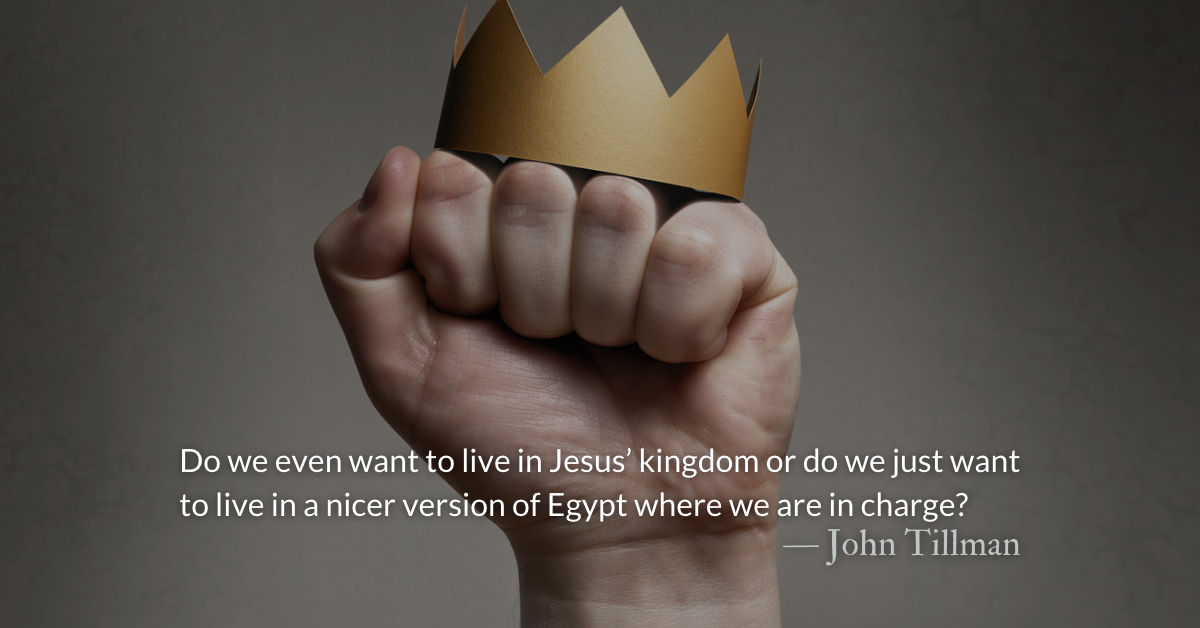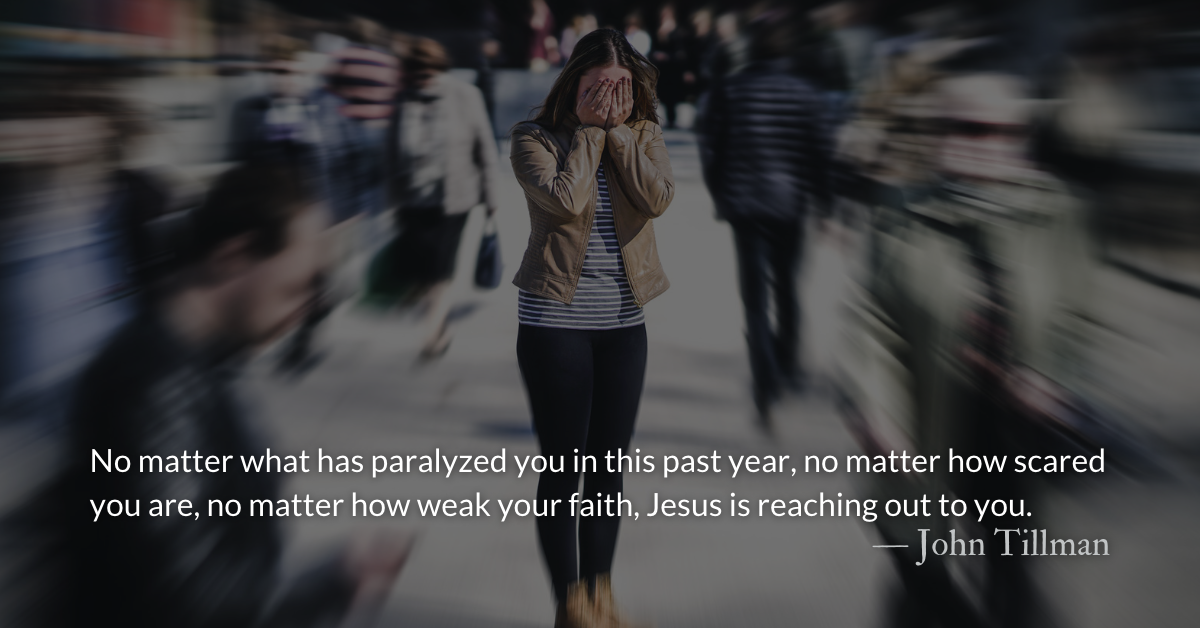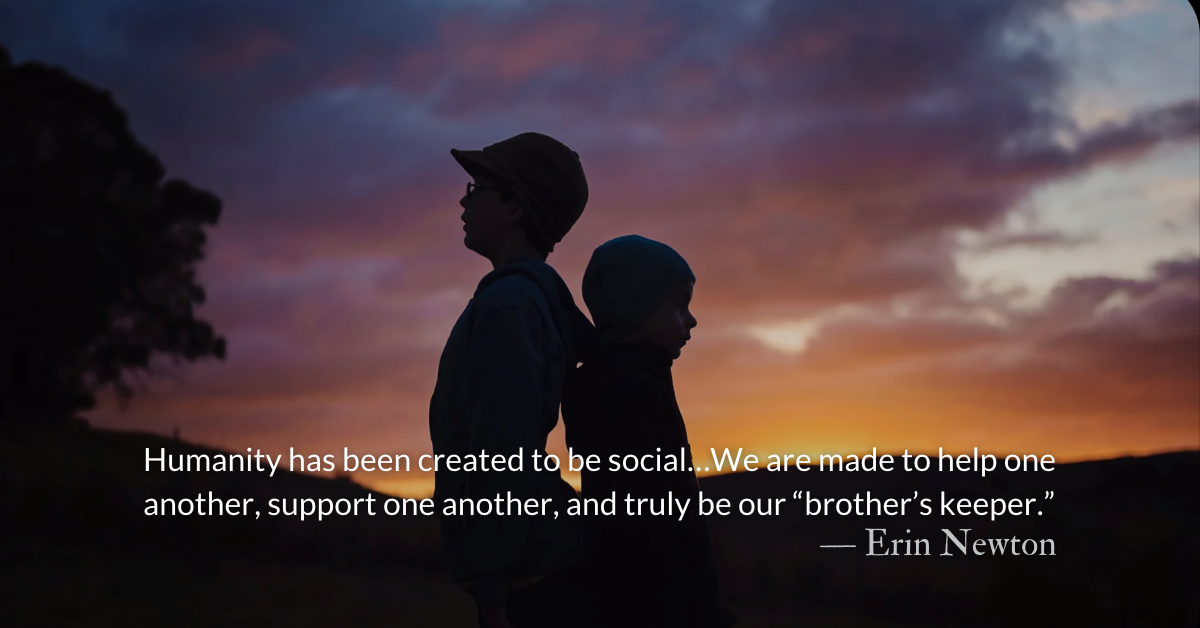Scripture Focus: John 10.11-15
11 “I am the good shepherd. The good shepherd lays down his life for the sheep. 12 The hired hand is not the shepherd and does not own the sheep. So when he sees the wolf coming, he abandons the sheep and runs away. Then the wolf attacks the flock and scatters it. 13 The man runs away because he is a hired hand and cares nothing for the sheep.
14 “I am the good shepherd; I know my sheep and my sheep know me—15 just as the Father knows me and I know the Father—and I lay down my life for the sheep.
Reflection: Urban Legends and Good Shepherds
By John Tillman
In the 90s, listening to Phil Keaggy, I heard a story from a friend.
“Phil’s the world’s greatest guitarist. One night, on Johnny Carson, Jimi Hendrix was asked, ‘What’s it like to be the world’s greatest guitarist?’ He said, ‘I don’t know. Ask Phil Keaggy.’”
“So cool,” I thought at the time. I spread the tale often as I shared my love of Phil Keaggy.
Years later I heard another Keaggy fan begin the same story. I was shocked when, instead of Jimi Hendrix, it was Eddie Van Halen on the talk show. Every other detail was identical. My heart fell. I realized the stories weren’t true.
To put it kindly, they were urban legends. To be more direct, they were lies. Lies I had spread over and over. I felt sick and angry. My friends and I had been duped.
Worse than urban legends about guitarists are urban legends about God. Recently, I was reminded of an old “preacher story” about shepherds and lambs.
Supposedly, a shepherd would break a wandering lamb’s leg and carry it as the leg healed. By caring for the lamb and holding it close, it would bond with him and never wander again. This act of “tough love” allegedly explained how God wounds us to keep us close to him. Authoritative and abusive leaders have used this metaphor to justify “wounding” parishioners with “tough love” because they are “good shepherds.”
To put it kindly, this metaphor is a myth—a “rural legend” instead of an “urban” one. To be more direct, it is a lie. Nowhere in records of animal husbandry or the Bible is there a description of shepherds breaking the legs of sheep in this way. Worse than damaging our understanding of human shepherds, this story damages our understanding of Jesus, the true good shepherd.
Don’t be duped into thinking that Jesus treats his sheep in this way. Abusive “hired hands” may wound their sheep or leave them unprotected from the wolves. But Jesus, the good shepherd, rushes in to face the wolf.
Jesus doesn’t heal our wandering by breaking our legs. Jesus lays down his life for the sheep and by his stripes, we are healed. Jesus’ body is broken for his sheep, and by him we are whole.
You may have been wounded by a foolish or wicked shepherd. But you can still be healed by Jesus, the good shepherd.
Music: “Jesus Is The Great Shepherd” from Live From Lawrence, Kansas (November 1974) by Phil Keaggy and Paul Clark
Divine Hours Prayer: The Greeting
Out of Zion, perfect in its beauty, God reveals himself in glory. — Psalm 50.2
Today’s Readings
Genesis 11 (Listen 7:19)
John 10 (Listen 4:44)
Read more about Tendencies of Unfaithful Shepherds
May we, and our shepherds be more like Jesus. May we seek and support earthly shepherds like him.
Read The Bible With Us
It’s never too late to join our Bible reading plan. Immerse in the Bible with us at a sustainable, two-year pace.

